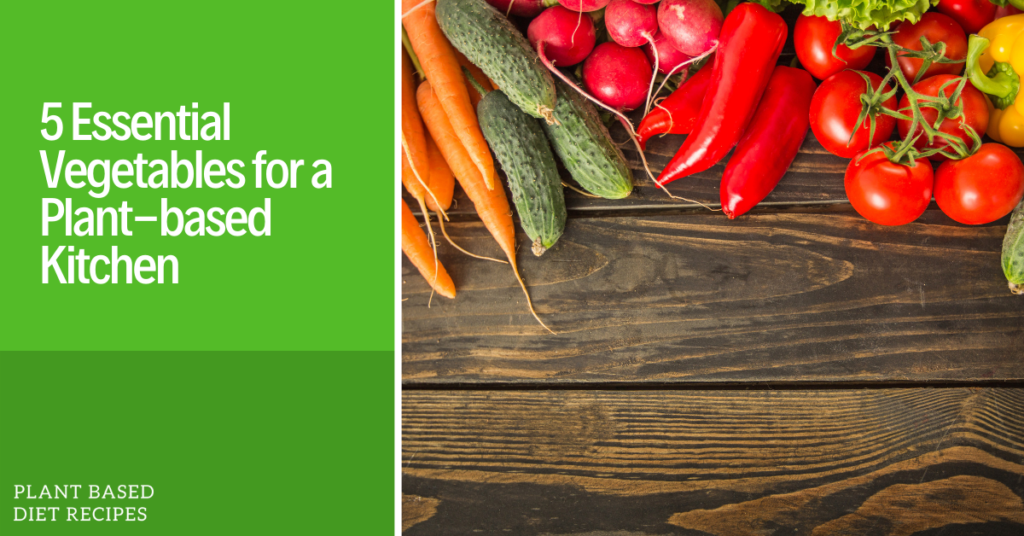
Let’s preface this post by saying this: All vegetables are important. You should aim to ‘eat the rainbow’ when it comes to vegetables, and keep a diverse variety so that you can hit all of your micronutrients properly. There are a lot of great, important vegetables that aren’t in our top five, such as: Spinach, mushrooms, sweet potatoes, garlic, brussels sprouts, green peas, swiss chard, ginger, asparagus, collard greens, cauliflower, and others.
Here’s our five that cover your most important needs from a health standpoint:
Carrots
Carrots are loaded with vitamin A, and are rich in beta-carotene — an antioxidant that converts to vitamin A. It’s what gives carrots their orange colour. Carrots are also high in vitamin C, K, and potassium.
Red Peppers
Red peppers are amazing because of their delicious profile. They’re so good as a grilled vegetable, and can be thrown on pizzas, stirfrys, and pastas. Bonus: They’re very healthy. Red peppers are extremely high in vitamin C, and help with iron absorption. Some people eat them along with their iron supplement to maximize intake efficiency. Red peppers are also rich in vitamin B6, folate, vitamin A, lycopene, and antioxidants.
Kale
Kale is one of the most nutrient-dense foods on earth. It has a diverse array of vitamins: A, K, C, B6, manganese, calcium, copper, potassium, and magnesium. It also has some other B vitamins, and qualifies as a cruciferous vegetable. All of those benefits are packed into this low-calorie food.
We could go on and on about Kale. It has quercetin and kaempferol (powerful antioxidants), beta-carotene, lutein and zeaxanthin (nutrients that protect eyes) and has been shown to lower cholesterol.
Broccoli
Broccoli is a cruciferous vegetable, and is rich in fiber, vitamin C, A, K B9, Potassium, Phosphorous, Selenium, and antioxidants. Broccoli has also been shown to reduce inflammation, decrease the risks of certain types of cancer, regulate blood sugar, reduce constipation, boost immune system, and reduce the signs of ageing.
Red Cabbage
Red Cabbage is also a cruciferous vegetable, and is packed with antioxidants. One cup of this potent vegetable gives you 85% of your daily vitamin C intake.

